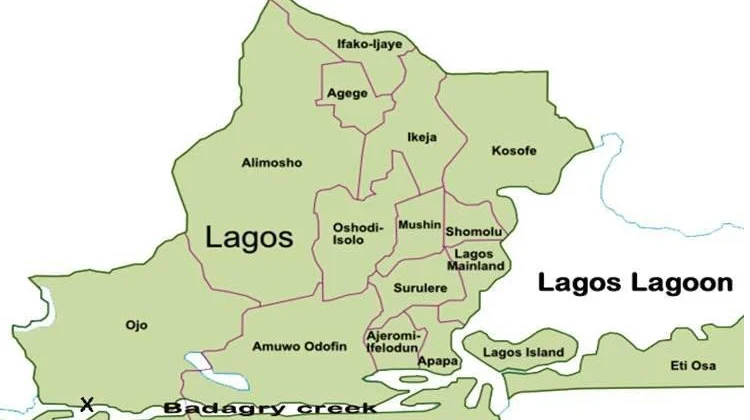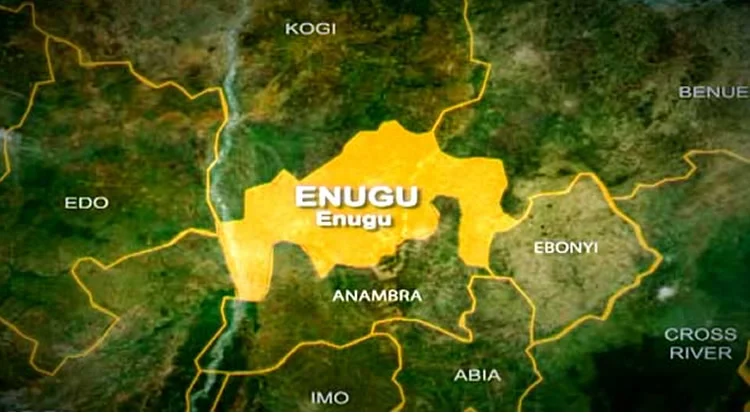
The Minister of Livestock Development, Alhaji Idi Mukhtar Maiha, has stated that the only way to modernize Nigeria’s livestock sector is through genetic improvement and a shift from the current animal husbandry system.
Speaking with journalists in Abuja, the minister explained that the current system is no longer sustainable due to conflicts and shrinking land for open grazing.
“We are holding conversations with the key stakeholders and they are agreeable to it,” he said. “One thing we have told them is that if you are looking for 100 litres of milk from Nigerian cows today, you need to milk 100 cows. But if you go a step higher and improve the genetics of those cows, you can get 100 litres of milk from 30 cows.”
“If you go to F2 [the second filial generation], three cows can give you 100 litres of milk. So this is the way to go. We are talking about animal productivity and comparing the impact on the environment.”
Maiha continued, “100 cows, 100 litres. 30 cows, 100 liters. Three cows… in fact, I saw a cow in Brazil that can give you 120 litres—just one cow. So, if you are having higher productivity from a lower number of animals, that means that you have less of a crisis in the lower area. So, this is the way to go.”
The minister stated that with 417 grazing reserves in the country, totaling about five million hectares of land, the government is building infrastructure to ensure pastoralists move into these reserves.
“We have also communicated our intention to the pastoralists and to the state governors to rehabilitate these grazing reserves so that the pastoralists can go in there and be relocated,” he noted.
“Invariably, each grazing reserve will become a livestock village with all the necessary amenities of life: veterinary clinics, primary health care clinics, earth dams for dry seasons, irrigation of pasture, solar lights, meat processing, [and] milk processing. Each one is going to become a communal hub as well as an economic hub.”
He concluded, “That is the only way to go. We cannot keep on having animals moving from Sokoto to Calabar in search of fodder. The crisis is all along the path, and therefore, this has to stop.”
DAILY TRUST.




